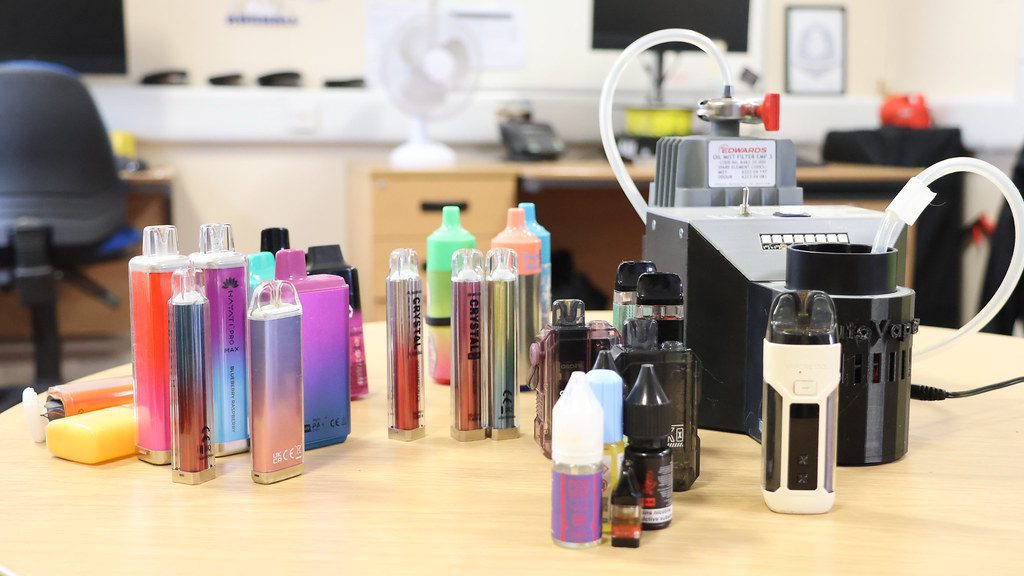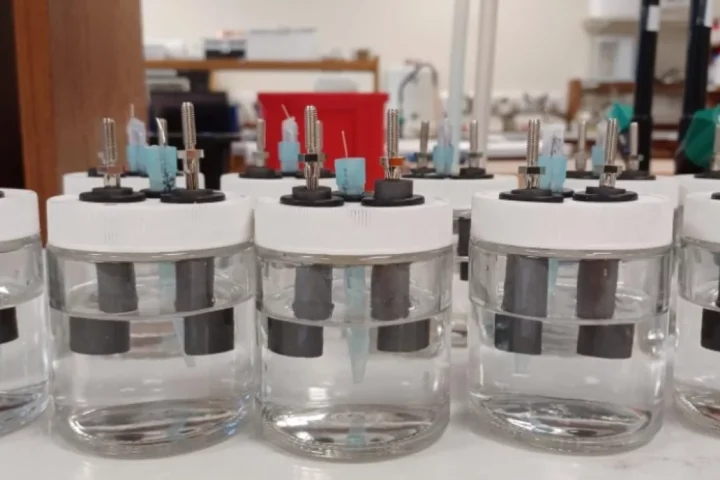The United States subsidizes fossil fuel companies to the tune of nearly $31 billion per year, according to a new analysis by environmental group Oil Change International. This figure has more than doubled since 2017 and likely underestimates the true cost.
These subsidies create a significant barrier to addressing climate change by encouraging continued fossil fuel production that might not otherwise be economically viable. “These subsidies allow for new production that would not otherwise occur,” said Collin Rees, US program manager at Oil Change International and the primary author of the analysis. “They also, to an enormous extent, go to lining the pockets of shareholders and investors and fossil fuel executives.”
The study found that these subsidies give oil companies extremely high returns on investments, functioning as a massive financial advantage for an already profitable industry.
One key tax advantage lets energy corporations credit foreign taxes they pay overseas against U.S. taxes owed. Carbon capture tax incentives represent another major subsidy, with companies primarily using this technology not for climate protection but to pump more oil from existing wells.
While proponents argue that carbon capture helps reduce emissions, critics point out that it’s often used to extract more fossil fuels rather than truly reduce overall emissions.
Similar Posts
President Biden pledged to begin eliminating these subsidies in 2021, stating, “Unlike previous administrations, I don’t think the federal government should give handouts to big oil.” However, the analysis found that the United States is moving in the opposite direction. A recent tax bill is poised to hand fossil fuel companies an additional $4 billion per year across the next decade.
The tax package includes discounted fees for fossil fuel extraction on federal lands and creates loopholes that let companies sidestep the corporate minimum tax established during Biden’s administration.
The study suggests that redirecting these subsidies to social programs could dramatically improve life for ordinary Americans. If repurposed, these funds could feed millions of families through nutrition assistance programs, finance home solar installations for tens of millions of households, or expand early childhood education access across the country.
Globally, the Swiss research group Global Subsidies Initiative reports that more than 50 nations have reformed their fossil fuel support programs since 2015. Back in 2016, G7 leaders urged all countries to phase out fossil fuel subsidies by 2025, though progress has been inconsistent.
“We’re dealing with technical legislative language and components of the tax code, but despite that, I think it’s important to understand that subsidies are political statements,” Rees said. “They are political choices about what we’re choosing to support as a country.”



















